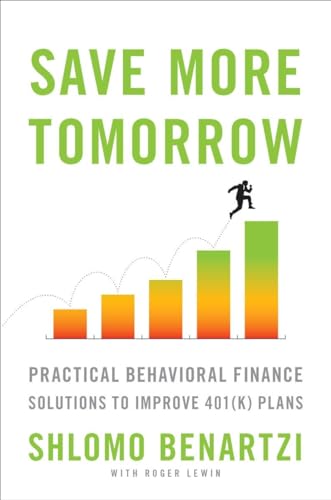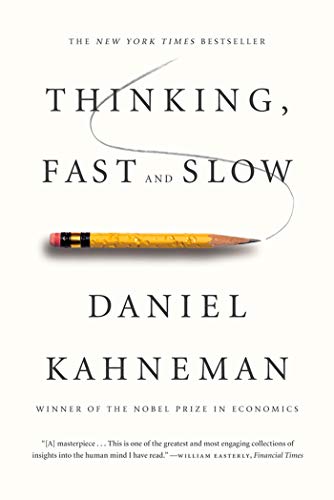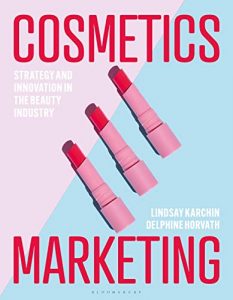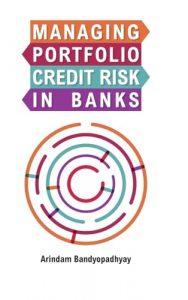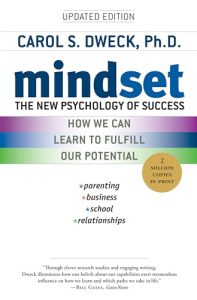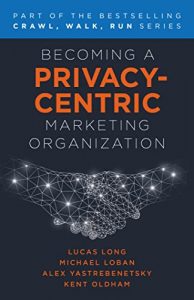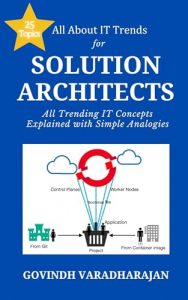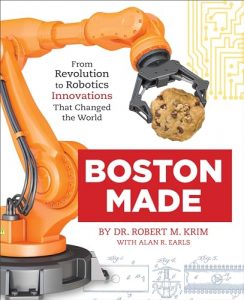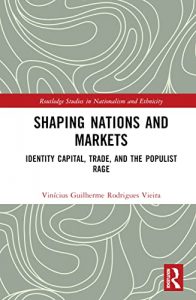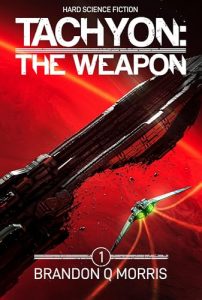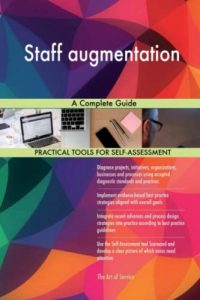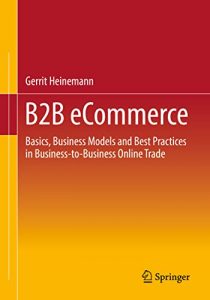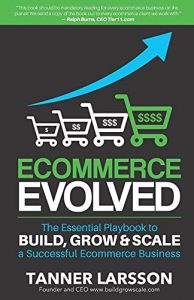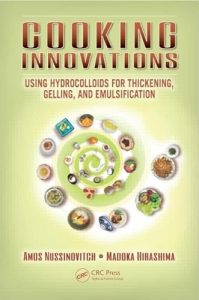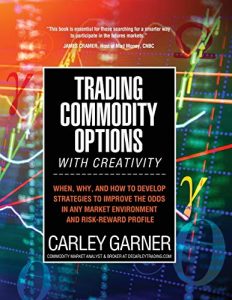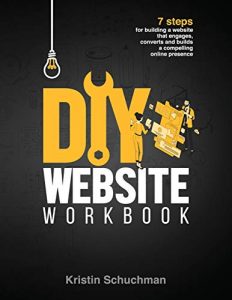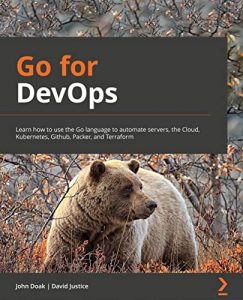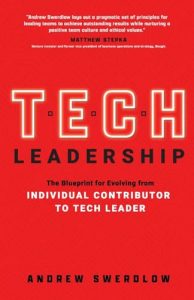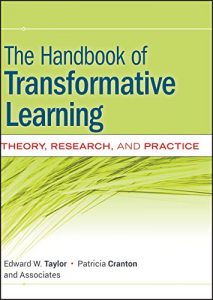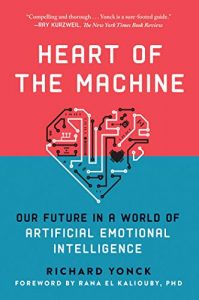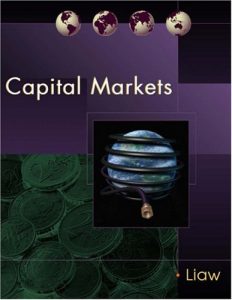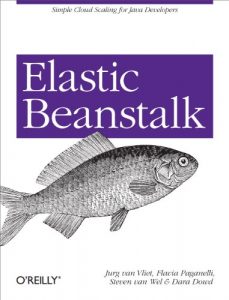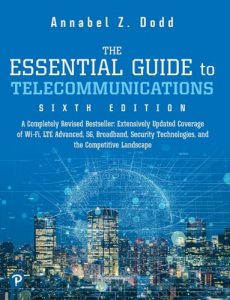Exploring Transformative Ideas in Economics: Must-Read Books for Aspiring Thinkers
In a world increasingly shaped by complex economic theories and behavioral insights, the following books offer invaluable perspectives that challenge our understanding of economic systems. Here, we delve into a selection of transformative reads that every aspiring thinker should consider.
1. Save More Tomorrow: Practical Behavioral Finance Solutions to Improve 401(k) Plans
Written by Shlomo Benartzi, this compelling book introduces innovative strategies for enhancing retirement savings through behavioral finance techniques. The author unfolds the idea of “automatic enrollment” and how it can lead to increased participation in 401(k) plans. It’s a must-read for anyone interested in financial planning or benefiting from retirement savings. Benartzi’s engaging narrative makes complex concepts accessible to everyone, paving the way for greater financial independence. If you’re looking to rethink your approach to savings, this book is your guide.
2. Mission Economy: A Moonshot Guide to Changing Capitalism
Mariana Mazzucato’s latest book unpacks the concept of a “moonshot” economy, encouraging readers to reimagine capitalism as a driver for societal good. Through ambitious goals and radical reforms, Mazzucato offers actionable insights on how both public and private sectors can collaborate to address pressing global challenges. This book is vital for anyone interested in entrepreneurial innovation and the intersection of economics and policy. With her characteristic clarity, Mazzucato inspires us to contemplate the future of our economic systems.
3. Following the Money: U.S. Finance in the World Economy
This comprehensive tome by the National Research Council provides an in-depth look at the interconnections between U.S. finance and the global economy. It examines the dynamics of financial flows and their implications for policy-making and governance. With contributions from multiple experts, this book equips students, policymakers, and professionals with a foundational understanding of international capital transactions. For those looking to grasp the complexities of global finance, this is an essential resource.
4. The Art of Experimental Economics
In this pioneering book, Gary Charness and Mark Pingle explore how experimental economics can shed light on human behavior and decision-making processes. The authors provide a thorough overview of methodologies and practical applications, making this a valuable resource for both students and seasoned economists. This text not only dives into the scientific rigors of experimental design but also challenges readers to reconsider traditional economic theories in light of new findings. It’s essential for anyone engaging deeply with economic research.
5. The New World Economy: A Beginner’s Guide
Randy Charles Epping provides a succinct overview of the modern economic landscape. Perfect for newcomers, this guide demystifies economic concepts and presents them in a digestible format. Epping’s writing is accessible, offering clarity without overwhelming the reader with jargon. This is an indispensable starting point for anyone wishing to understand the complexities of today’s global economy.
6. The Buyout of America: How Private Equity Is Destroying Jobs and Killing the American Economy
Josh Kosman’s provocative book addresses the dark side of private equity, detailing its far-reaching implications for American jobs and companies. Through in-depth analysis and real-life examples, Kosman warns readers about the potential destruction of the American labor market. This insightful read is crucial for anyone with an interest in corporate governance and its effects on the economy. Kosman presents a clarion call to reconsider how investments shape our economic landscape.
7. Behavioural Business: The Psychology of Decisions in Economy, Business and Policy Contexts
This outstanding work by Janneke Blijlevens, Meg Elkins, and Ananta Neelim dives into the psychology behind economic decisions, revealing the impact of biases and heuristic decision-making processes. With insights applicable to business and public policy, this book is perfect for those wishing to explore the psychological aspects of behavioral economics. Whether you are a student or a professional, this book offers profound insights that are often overlooked in traditional economic studies.
8. The Uprising: On Poetry and Finance
Franco “Bifo” Berardi’s unique work blends poetry with economic theory, offering a refreshing perspective on finance and its cultural implications. This book challenges conventional financial discourse, insisting that we examine the emotional landscape surrounding economic interactions. Berardi’s lyrical approach invites readers to rethink their relationship with money and capitalism, making it a significant read for those looking to explore the intersection of art and economics.
9. MoneyGPT: AI and the Threat to the Global Economy
James Rickards presents a timely exploration of the intersection between artificial intelligence and global economics. With the rise of AI technologies, Rickards discusses potential threats to economic stability and employment. This provocative book raises essential questions about the future of work and the implications of automation on the global economy. For those wanting to understand modern economic challenges, this book is a compelling examination of our times.
10. Thinking, Fast and Slow
Daniel Kahneman’s groundbreaking book delves into the intricacies of decision-making. Examining how intuitive and deliberative thinking influence our choices, Kahneman’s insights are vital for understanding economic behaviors. This book is a cornerstone text in behavioral economics, offering profound revelations about why we think the way we do. From policymakers to everyday consumers, everyone stands to benefit from Kahneman’s dissection of the mind’s processes.

